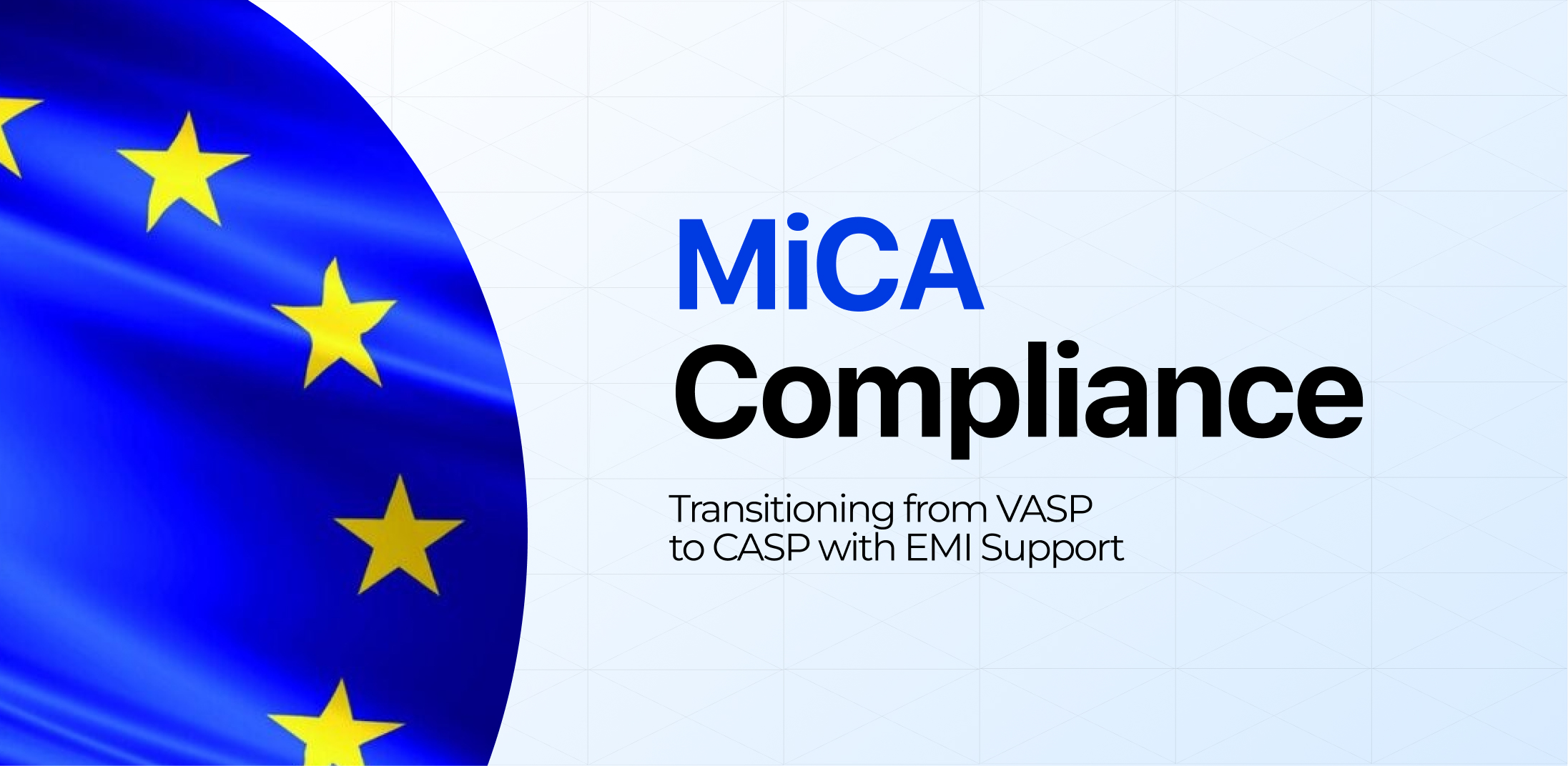Over the past year, many countries around the world have made significant progress in regulating and changing taxes on cryptocurrency. The COVID-19 pandemic can be considered as one of the reasons for what happened. Because of this, institutional investors entered the market and demanded legal certainty.
A crypto tax topic remains relevant and unresolved to this day. What’s that? What are the peculiarities of taxation of cryptocurrency in the world? What should a business expect from the additional costs? Let’s break this topic down thread by thread with the experts at PaySaxas.
Introduction
Nowadays, the issue of cryptocurrency taxation is more relevant than ever. Living in the era of information technology, it is important for each of us to understand what is meant by virtual assets. Crypto tax transactions are a collection of cryptocurrency taxes in a particular jurisdiction that are levied on various transactions conducted by businesses and individuals with cryptocurrencies.
Overview of Cryptocurrency Taxation
Initially, cryptocurrency trading was positioned as a completely safe and anonymous process. Its characteristics prevented fiscal authorities from tracking taxable transactions. In part, this had negative consequences for both ordinary citizens and states. In the case of theft of cryptocurrency from a user, he could not go to the police and write a report on the criminals.
All because the transaction was carried out without disclosing the identity of its participants and without the mediation of banks. At the country level, the use of virtual money led to the fact that the payment of taxes decreased. The state budget began to under-receive the necessary funds. The legal nature of digital currency and transactions is treated differently in each country. Different jurisdictions view digital currency as a means of payment or, more broadly, as a medium of exchange.
Do Businesses Have to Pay Taxes on Crypto?

As cryptocurrency continues to gain momentum around the world, more small business owners have begun to accept it from their customers as a means of payment for goods and services. Some even use it to pay their own business expenses. If your small business has started accepting, or is considering taking Bitcoin or any other form of cryptocurrency as payment, it is important to understand the potential business and tax on cryptocurrency implications.
Understanding Legal Obligations
When a business accepts cryptocurrency as payment for goods or services, the fair market value of crypto payments received is considered to be ordinary income subject to income taxes, including self-employment tax.
Furthermore, if a business receives and holds a cryptocurrency in a digital currency wallet and later uses the cryptocurrency to pay business expenses, the act of using crypto funds to pay bills creates a taxable event for the business owner.
Possible Penalties for Non-Compliance
When you’re running a business, it can be difficult to know if you’re following all the necessary laws and regulations governing your business. However, the consequences of non-compliance with the relevant rules can be devastating. The same can be said about the world of tax on cryptocurrency.
Non-compliance with digital money tax guidelines can bring about various punishments and repercussions. Fines, punishments for charges not paid, and even imprisonment for intentional tax avoidance might be forced. Charge specialists all over the world are analyzing bitcoin exchanges all the more intently, and neglecting to announce properly could bring about reviews and examinations.
Moreover, assents might be expanded given the degree and span of resistance. People and ventures taking part in digital money exchanges should know about charge regulation, properly record their crypto activities, and look for master help to stay away from possibly huge monetary and lawful punishments.
When Does a Business Pay Tax on Crypto?

When you realize a gain—that is, sell, crypto exchange, or use crypto that has increased in value—you owe taxes on that gain. There is a need to pay a crypto currency tax as income, meaning income tax applies if a business conducts the following transactions:
Buying and Selling Crypto
What about Bitcoin taxes? So, for example, if you bought 1 BTC at $6,000 and sold it at $8,000 three months later, you’d owe taxes on the $2,000 gain at the short-term capital gains tax rate. Profits on the sale of assets held for less than one year are taxable at your usual tax rate.
For the 2023 tax year, that’s between 0% and 37%, depending on your income. If the same trade took place a year or more after the crypto purchase, you’d owe long-term capital gains taxes. Depending on your overall taxable income, that would be 0%, 15%, or 20% for the 2023 tax year.
Cashing Out Cryptocurrency
When exchanging cryptocurrency for fiat money, you’ll need to know the cost basis of the virtual coin you’re selling. The cost basis for cryptocurrency is the total price in fees and money you pay.
When you otc crypto exchange for cash, you subtract the cost basis from the crypto’s fair market value at the time of the transaction to get the capital gains or losses. The amount left goes to the crypto currency tax if you have a gain, or the reportable amount if you have a loss.
Mining as a Business
This is an activity aimed at creating blocks, for example generating new coins. Since a person receives a cryptocurrency as a result of mining, the crypto tax must be paid on it as income.
If the digital currency was earned as part of a business, the miners report it as business income and can deduct the expenses that went into their mining operations, such as mining hardware and electricity.
Staking
Similarly, profits from staking — storing certain stablecoins, for which the user is remunerated — are considered income. In this case, the assets are taxed.
Can Businesses Avoid Paying Tax on Crypto?
There are always loopholes that can help you get around paying extra money. Bitcoin taxes do not apply to cryptocurrency transactions such as donating to charity, giving or receiving as a gift, or transferring assets from one wallet to another.
Legal Tax Avoidance Strategies
If an individual or business plans only to store digital assets and does not want to pay tax on crypto, jurisdictions that treat it as a financial asset or foreign currency. The Netherlands and Italy are better suited for this purpose.
If a citizen saves virtual money for more than a year, he will not have to pay interest to the state even if after some time the coins are sold, exchanged, or invested. Individuals who plan to conduct regular transactions with cryptocurrency should choose countries where cryptocurrency operates without any crypto tax or with minimal fiscal rates.
The Risks of Tax Evasion
Sooner or later, this issue of taxation of cryptocurrencies will be settled at the legislative level, and the situation will become clearer. It is worth noting that the Internal Revenue Service in the US already uses special tools to track cryptocurrency users, as well as non-payers of taxes on crypto.
Special Considerations for Cryptocurrency Taxation
Activities such as airdrop and ICO should not be overlooked. Many people don’t realize, but in these cases too, there is a possibility of having to pay extra money. Let’s get to the bottom of it.
Taxation on Crypto Airdrops
In simple words, an airdrop is when a coin or token is sent to a variety of wallet addresses, free of charge. Some countries like Canada and Germany see receiving an airdrop as a tax-free event, but this is the exception rather than the rule.
Like any other asset, when you sell coins/tokens you got from an airdrop, this will be subject to Capital Gains Tax. So in some countries, you’ll be paying tax twice on an airdrop.
Taxation on Initial Coin Offerings (ICOs)
In many countries, ICOs are taxed. If you’re launching an ICO, most tax offices will view this as a kind of Income. So you’ll pay Income Tax on all proceeds, regardless of whether you use fiat currencies or cryptocurrencies for funding. For investors, it’s a little more straightforward.
In most countries, this means you’ll pay no tax at the point you invest in an ICO. It’s only when you later sell, swap, spend, or gift your coins or tokens from an ICO that you’ll pay Capital Gains Tax on any profits. The amount of tax you’ll pay depends on where you live and how large your gain is.
How to Pay Tax on Crypto
Cryptocurrencies on their own are not taxable. You’re not expected to pay taxes for holding one. So for many people, the question remains open, then how to pay taxes on crypto?
Reporting Crypto Transactions
Every time you dispose of your cryptocurrency, you’ll incur capital gains or capital losses. Examples of cryptocurrency disposals include the following:
- Selling your cryptocurrency for fiat;
- Trading your cryptocurrency for another cryptocurrency;
- Buying goods and services with cryptocurrency.
To calculate your gain or loss from each transaction, you’ll need to track how the price of your crypto has changed since you originally received it. So, any cryptocurrency capital gains, capital losses, and taxable income need to be reported on your tax return. Keep records of all of your cryptocurrency transactions from the year — from all of your wallets and exchanges.
Paying Taxes on Cryptocurrency Proceeds
You pay crypto taxes if you sell or use your crypto in a transaction, and it is worth more than it was when you purchased it. This is because you trigger capital gains or losses if its market value has changed. Also, if you receive crypto as payment for business purposes, it is taxed as business income.
Future of Cryptocurrency Taxation for Businesses

As the crypto industry continues to grow and develop, there is a growing trend toward adopting standardized approaches to taxation, which is likely to continue in the future, along with greater clarity and transparency for those involved in the space.
For example, Switzerland offers tax exemptions for crypto-related activities, including holding cryptocurrencies and transferring them between wallets, generally providing a well-defined regulatory framework for businesses operating within the digital currency sector.
Individuals and businesses should keep themselves informed about the latest regulations and seek professional advice to comply with the law and reduce their crypto tax burden.
Conclusion
Thus, we see that the topic of crypto tax is now at the peak of its popularity and every day there are more and more new trends related to its regulation. Remember, taxable events happen when you realize losses or gains, meaning you’ve sold your crypto by either selling for cash, converting to another crypto, or spending it on a good or service.
The gains are unrealized if you still own the original shares. Cryptocurrency taxes are complicated because they involve both income and capital gains taxes. In most cases, you’re taxed multiple times for using cryptocurrency. With that in mind, it’s best to consult an accountant familiar with cryptocurrency and current practices to ensure you’re reporting taxes correctly.
Importance of Staying Informed and Compliant
Tax professionals need to become knowledgeable about the crypto regulatory landscape and pay close attention to what’s changing. What’s true today about crypto regulation can easily be false tomorrow — and clients are relying on their tax professionals to know what’s happening.
Fortunately, there are a few different options for tax professionals to stay well-informed in this area. These methods include: subscribing to reliable news sources that focus on crypto issues, reviewing official regulatory announcements, attending cryptocurrency taxation webinars, and joining professional forums for crypto tax professionals. Follow the news and fresh articles from the PaySaxas team to stay up to date.








